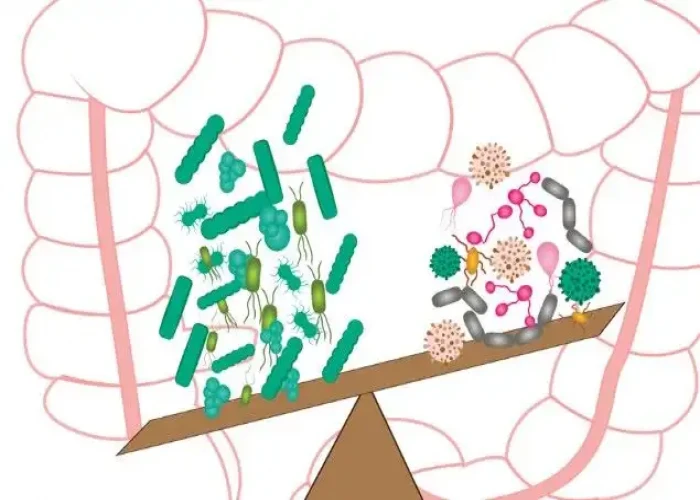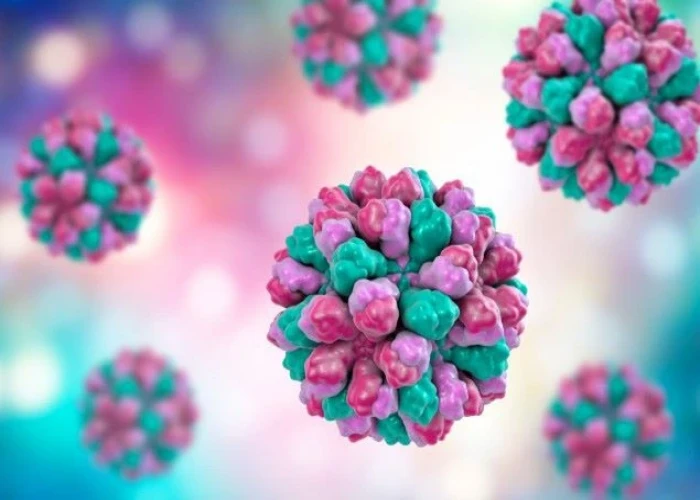 Welcome
Welcome
“May all be happy, may all be healed, may all be at peace and may no one ever suffer."
Egg allergy

Egg allergy is a condition in which the body's immune system overreacts to proteins found in egg whites or yolks, leading to an allergic reaction. Egg allergy is one of the most common food allergies, particularly in children, but most children outgrow the allergy by the age of five.
Symptoms of an egg allergy can range from mild to severe and can include:
- Hives or rash
- Itching and swelling of the lips, tongue, and throat
- Gastrointestinal symptoms such as nausea, vomiting, and diarrhea
- Wheezing, coughing, and difficulty breathing
- Anaphylaxis, a severe and potentially life-threatening allergic reaction that can cause swelling of the throat, rapid pulse, and low blood pressure.
Diagnosis of an egg allergy typically involves skin prick testing or blood testing to detect the presence of immunoglobulin E (IgE) antibodies to egg proteins. Treatment for egg allergy involves avoiding foods that contain egg and carrying an epinephrine auto-injector for emergency use in case of accidental exposure.
Foods that may contain egg include baked goods, pasta, mayonnaise, and some sauces and dressings. In some cases, foods labeled as "egg-free" may still contain small amounts of egg, so it is important to read labels carefully and ask questions about the ingredients in restaurant or packaged foods.
If you or someone you know has an egg allergy, it is important to work with a healthcare provider to develop a management plan and to have an emergency action plan in case of accidental exposure. With proper management, most people with egg allergy can avoid serious complications and lead healthy, normal lives.
Research Papers
Disease Signs and Symptoms
- Inflammation
- Asthma signs and symptoms such as coughing, wheezing, chest tightness or shortness of breath
- Dizziness, lightheadedness or faintness
- Dizziness (vertigo)
- Abdomen pain
- Rapid pulse
- Chest tightness
- Nausea or vomiting
- Cramp
- Frequent sneezing
- Runny nose
- Allergy
Disease Causes
Egg allergy
An immune system overreaction causes food allergies. For egg allergy, the immune system mistakenly identifies certain egg proteins as harmful. When you or your child comes in contact with egg proteins, immune system cells (antibodies) recognize them and signal the immune system to release histamine and other chemicals that cause allergic signs and symptoms.
Both egg yolks and egg whites contain proteins that can cause allergies, but allergy to egg whites is most common. It's possible for breast-fed infants to have an allergic reaction to egg proteins in breast milk if the mother consumes eggs.
Disease Prevents
Egg allergy
Here are some things you can do to avoid an allergic reaction, and to keep it from getting worse if one does occur.
- Read food labels carefully. Some people react to foods with only trace amounts of egg.
- Be cautious when eating out. Your server or even the cook may not be completely certain about whether a food contains egg proteins.
- Wear an allergy bracelet or necklace. This can be especially important if you or your child has a severe reaction and can't tell caregivers or others what's going on.
- Let your child's caregivers know about his or her egg allergy. Talk to your child's babysitters, teachers, relatives or other caregivers about the egg allergy so that they don't accidently give your child egg-containing products. Make sure they understand what to do in an emergency.
- If you're breast-feeding, avoid eggs. If your child has egg allergy, he or she may react to proteins passed through your milk.
Hidden sources of egg products
Unfortunately, even if a food is labeled egg-free it may still contain some egg proteins. When in doubt, contact the manufacturer.
Foods that contain eggs can include:
- Marshmallows
- Mayonnaise
- Meringue
- Baked goods
- Breaded foods
- Marzipan
- Frostings
- Processed meat, meatloaf and meatballs
- Puddings and custards
- Salad dressing
- Many pastas
- Foam on alcoholic specialty coffees
- Pretzels
Several terms indicate that egg products have been used in manufacturing processed foods, including:
- Albumin
- Globulin
- Lecithin
- Livetin
- Lysozyme
- Vitellin
- Words starting with "ova" or "ovo," such as ovalbumin or ovoglobulin
Another potential source of exposure is cross-contamination in home-prepared dishes or meals, especially when you're eating in other people's homes where they may not be aware of the risk.
Vaccinations and egg allergy
Some shots to prevent illness (vaccines) contain egg proteins. In some people, these vaccines pose a risk of triggering an allergic reaction.
- Measles-mumps-rubella (MMR) vaccines are generally safe for children with egg allergy, even though eggs are used to produce them.
- Flu (influenza) vaccines sometimes contain small amounts of egg proteins. However, a flu vaccine that doesn't contain these proteins is approved for use in adults age 18 and older. And even vaccines that do have egg proteins can be given safely to most people with egg allergy without any problems. If you or your child has had a reaction to eggs in the past, talk to your doctor before getting a flu vaccination.
- Yellow fever vaccine can provoke an allergic reaction in some people who have egg allergy. It's given to travelers entering countries where there's a risk of contracting yellow fever. It's not generally recommended for people with egg allergy, but is sometimes given under medical supervision after testing for a reaction.
- Other vaccines are generally not risky for people who have egg allergy. But ask your doctor, just to be safe. If your doctor is concerned about a vaccine, he or she may test you or your child to see whether it is likely to cause a reaction.
Disease Treatments
Disease Diagnoses
Disease Allopathic Generics
Disease Ayurvedic Generics
Disease Homeopathic Generics
Disease yoga
Egg allergy and Learn More about Diseases

Trigeminal neuralgia

Kidney infection

Small intestinal bacterial overgrowth (SIBO)

Chronic sinusitis

Periodontitis (Pyrrhoea)

Hypoparathyroidism

Rotavirus

Norovirus infection
egg allergy, ডিমের অ্যালার্জি
To be happy, beautiful, healthy, wealthy, hale and long-lived stay with DM3S.
